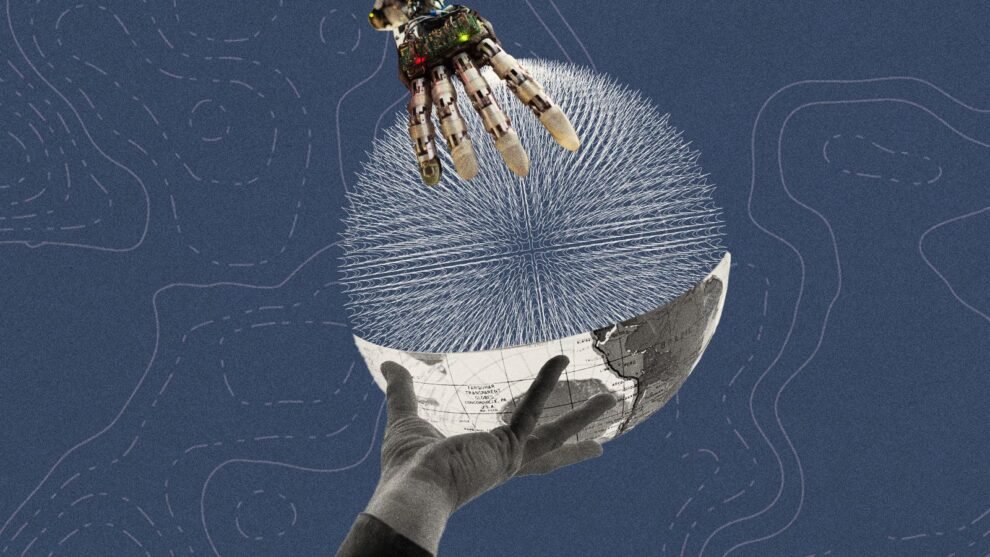The year 2024 has witnessed a quantum leap in the application of artificial intelligence (AI), permeating every facet of life and presenting a blend of promises and challenges. This comprehensive exploration delves into the innovative breakthroughs and ethical dilemmas introduced by AI, revealing its profound impact across various sectors.
Transformative Breakthroughs in AI
Artificial intelligence has achieved groundbreaking advancements in problem-solving capabilities, outperforming PhD-level scientists in fields such as chemistry, physics, and biology. It has also earned recognition in prestigious platforms like the Nobel Prizes, affirming its influence in both theoretical and practical domains. Moreover, AI has become a staple in everyday technologies, enhancing functionalities in devices from global tech giants like Apple, Samsung, and Google, making sophisticated AI tools accessible to a broader audienc.
AI in Daily Life and Work
AI’s integration into daily life is more profound than ever. In the retail sector, AI technologies have revolutionized the shopping experience by personalizing product recommendations both online and in-store. In the workplace, AI-driven decision-making tools have redefined business operations and healthcare, enhancing efficiency and accuracy in decision-making processes, particularly in diagnostics and patient care.
Environmental and Social Implications
AI’s role in environmental sustainability has been significant, aiding in monitoring and managing natural resources and contributing to disaster preparedness. Socially, AI has supported movements for equality and inclusion, though it has also been a tool for exacerbating geopolitical tensions and economic disparities, reflecting the dual-edged nature of technological advancements.
Ethical Considerations and Future Prospects
The expansion of AI has not been without ethical concerns. Issues surrounding data privacy, transparency, and the potential for bias pose significant challenges that necessitate stringent regulatory frameworks. Looking ahead to 2025, AI is expected to further personalize user experiences across various sectors, including education and healthcare, and play a critical role in combating climate change through innovative solutions.
AI in 2024 has proven to be both a remarkable asset and a formidable challenge, highlighting the need for careful consideration of its developmental trajectory. As we harness AI’s capabilities, it is imperative to balance innovation with ethical responsibility to steer future advancements toward the betterment of society at large.


















Add Comment